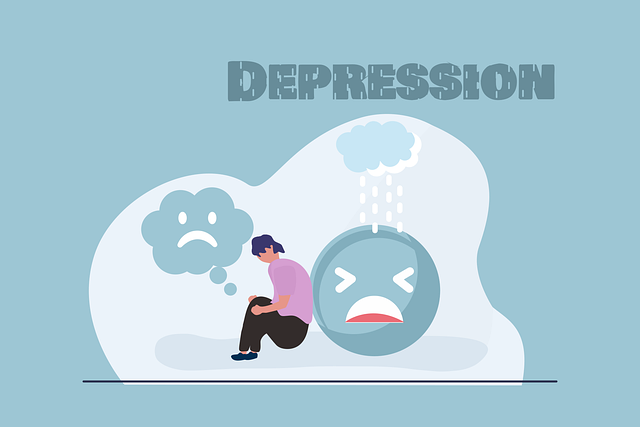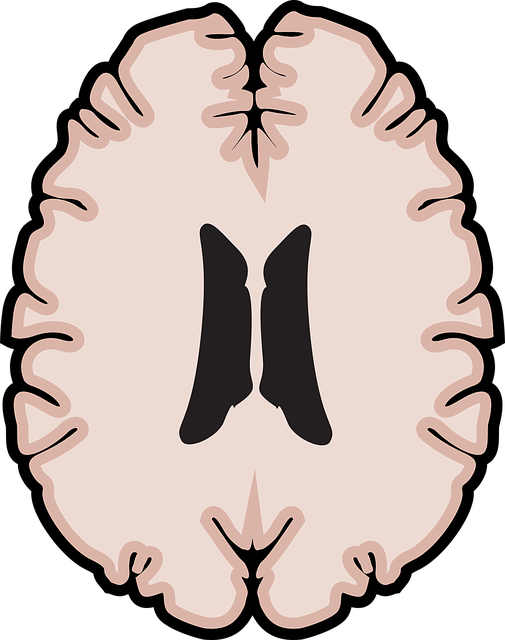Substance abuse in Colorado Springs requires tailored support, especially for German-speaking individuals. Colorado Springs German Speaking Therapy offers specialized counseling, focusing on open communication, self-care routines (exercise, sleep, nutrition), and evidence-based techniques like CBT and MI to mitigate risks. By addressing cultural needs and fostering trust, this therapy empowers clients toward lasting wellness and strengthens community engagement in prevention efforts.
In the pursuit of a healthier community, understanding and mitigating substance abuse is paramount. This comprehensive guide delves into effective risk reduction strategies, focusing on the unique context of Colorado Springs. We explore the significant role played by German-speaking therapy in catering to diverse populations, alongside building supportive recovery environments. Through evidence-based practices and community engagement, this article illuminates approaches like never before, highlighting Colorado Springs German-speaking therapy as a beacon of hope for those seeking recovery.
- Understanding Substance Abuse and Its Risks
- The Role of German Speaking Therapy in Colorado Springs
- Building a Supportive Environment for Recovery
- Evidence-Based Strategies for Risk Mitigation
- Community Engagement and Preventive Measures
Understanding Substance Abuse and Its Risks

Substance abuse refers to the excessive and harmful use of drugs or alcohol, leading to significant disruptions in daily life. It’s a complex issue that can have severe physical, mental, and social consequences. Understanding these risks is crucial for anyone seeking support, including those considering Colorado Springs German Speaking Therapy. This type of specialized therapy offers a safe space for individuals to explore underlying issues contributing to substance abuse.
Effective risk reduction starts with recognizing the signs and symptoms of abuse. Professionals emphasize the importance of communication strategies within therapy sessions, enabling clients to express their experiences and feelings honestly. Additionally, developing a robust self-care routine for better mental health is vital. This includes maintaining healthy habits such as regular exercise, adequate sleep, and balanced nutrition, which can help manage cravings and reduce triggers. For mental health professionals, conducting thorough risk assessments before treating clients is essential to identify potential risks and tailor interventions accordingly.
The Role of German Speaking Therapy in Colorado Springs

In Colorado Springs, German-speaking therapy has emerged as a valuable resource for individuals seeking support for substance abuse issues within their cultural community. This specialized form of counseling caters to the unique needs of those whose native language is German and may be particularly effective in fostering trust and understanding during the healing process. By offering sessions conducted entirely in German, therapists create an environment where clients feel comfortable discussing personal struggles openly.
Colorado Springs, known for its diverse population, benefits from this cultural sensitivity in mental health services. The Stress Management Workshops Organization, a local initiative, has recognized the importance of integrating German-speaking therapy to support not only substance abuse recovery but also the broader Mental Health Awareness within the community. By combining effective counseling practices with an emphasis on self-care and stress management, these therapists empower individuals to navigate their journey towards lasting wellness.
Building a Supportive Environment for Recovery

Creating a supportive environment is a cornerstone in any substance abuse recovery journey. At Colorado Springs German Speaking Therapy, we understand that healing isn’t just about addressing the addiction; it’s about nurturing a space where individuals can find comfort, understanding, and encouragement. This involves fostering strong support systems, both within the therapy setting and at home. Group therapy sessions, for instance, provide a safe haven where those in recovery can connect with peers facing similar challenges, sharing experiences and strategies that promote emotional healing processes.
By integrating mental wellness practices into daily routines, individuals can further strengthen their resilience against substance abuse. This may include mindfulness techniques, stress management programs, or engaging in hobbies that foster a sense of purpose and joy. Depression prevention becomes more feasible when individuals are equipped with the tools to navigate difficult emotions without resorting to substance use. Ultimately, a supportive environment, coupled with effective therapy and emotional healing processes, paves the way for lasting recovery and improved mental wellness.
Evidence-Based Strategies for Risk Mitigation

In the quest to mitigate risks associated with substance abuse, evidence-based strategies prove to be a beacon of hope for individuals seeking recovery and improved mental wellness in Colorado Springs German Speaking Therapy settings. These strategies are backed by rigorous research, ensuring their effectiveness in treating various forms of addiction. For instance, cognitive-behavioral therapy (CBT) is renowned for its ability to help individuals identify and change negative thought patterns and behaviors associated with substance abuse. By focusing on the root causes and triggers, CBT empowers clients to develop healthier coping mechanisms, fostering a sense of mental wellness that extends beyond treatment sessions.
Additionally, integrating evidence-based practices like motivational interviewing (MI) into therapy can significantly reduce risks. MI is a powerful tool for engaging individuals in open dialogue about their motivation for change, helping them overcome ambivalence and strengthen their resolve to quit substance abuse. This approach, often coupled with depression prevention techniques from the Mental Wellness Podcast Series Production, can lead to substantial improvements in mental wellness. By combining these evidence-based strategies, therapists in Colorado Springs German Speaking Therapy settings can offer comprehensive care tailored to individual needs, promoting lasting recovery and enhanced mental wellness.
Community Engagement and Preventive Measures

In Colorado Springs, German speaking therapy services play a pivotal role in community engagement and substance abuse prevention. These therapeutic interventions cater specifically to individuals who may face language barriers or cultural nuances that traditional programs might not address effectively. By offering support in their native language, therapists facilitate open communication, fostering trust and encouraging honest discussions about mental health and addiction. This personalized approach is crucial in reaching underserved populations and implementing preventive measures.
Community engagement goes beyond individual therapy sessions. It involves hosting educational workshops, peer support groups, and awareness campaigns that promote mindfulness meditation techniques as tools for stress management. These initiatives, coupled with crisis intervention guidance, empower community members to recognize early warning signs of substance abuse and offer help proactively. Through such holistic strategies, Colorado Springs German speaking therapy contributes significantly to reducing the risk of substance abuse within the community.
In addressing substance abuse, a multifaceted approach is crucial. By understanding the risks, leveraging evidence-based strategies like Colorado Springs German Speaking Therapy, creating supportive environments, and engaging communities in preventive measures, we can significantly reduce these dangers. These initiatives not only foster recovery but also create a healthier, more resilient society.












